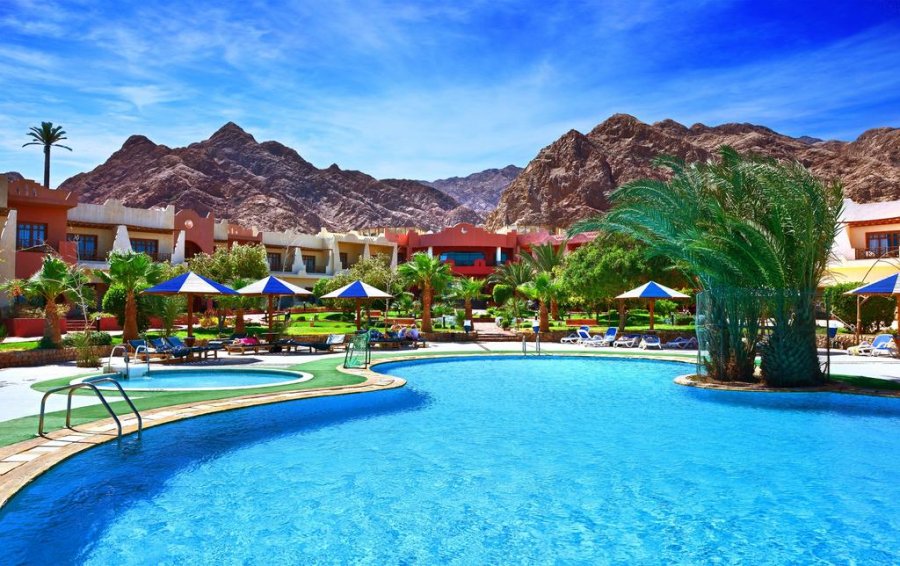
- Company Profile
-
Egypt Ala CarteEgyptCairoAlexandriaSharm El ShiekhHurghadaAin El SokhnaNew ValleyLuxorAswanMarsa AlamUpper EgyptSant CatherineTabaSoma BayEl GounaSahal HasheeshEl QuseirDahabSiwaFayoum
- Travel Services
HotelsNile CruisesGolfSafariExcursionsMiceMeet AssistAhlan Airport ServicesAviation- Holidays
Niche TourismHoneymoonerReligious TourismWellnessHajjUmrah- International Travel
Definition of Nich Tourism

Definition of Nich Tourism Details
Niche tourism refers to how a specific tourism product can be tailored to meet the needs of a particular audience/market segment.
Locations with specific niche products are able to establish and position themselves, as niche tourism destinations. Niche tourism,
through image creation, helps destinations to differentiate their tourism products and compete in an increasingly competitive and
cluttered tourism environment.examples of niche tourism are:
- Adventure tourism: Climbing major mountain peaks is difficult, and requires lots of training, planning and equipment. Most tourists could not do this type of tourism. Examples include the Nepalese Himalayan mountains with Mount Everest the top attraction.
- Movie location tourism: While many people would be happy to visit a place used as a location for a movie set, few people make it the main focus of their holiday.
- Heritage tourism: Mostly focused on history and culture, this type of tourism is increasingly popular but remains relatively small-scale compared to the mass tourism of beach holidays.
- Nature tourism: Going on safari or to see a particular landscape.
- Remote tourism: Visiting locations that few people can go to because of the difficulty of getting there (and the lack of facilities at the destination)
- Photography tourism: Small companies offer photography lessons as part of the holiday.
- Homestay tourism: Tourists reside with a family in their regular home for their visit, and join the family in their regular activities such as farming.
- Volunteer tourism: Tourists join in education, conservation and other charitable projects.
Niche tourism: benefits and risks
A national tourism strategy is a government policy that encourages tourism that brings benefits to the country. Niche tourism is often promoted by national tourism strategies because it is seen as a more sustainable way of developing tourism:
- There are relatively low numbers of tourists
- They are genuinely interested in seeing the destination as it is, rather than demanding changes to it such as more hotel facilities
- They are often willing to pay more to see a unique environment
Therefore, the tourist attraction (such as architecture, local culture, rainforest and so on) is more likely to be preserved because it is now economically and socially valuable to the country. This means conservation efforts are more successful and tourism is more sustainable.
Lastest News
-
Hotel Novotel Cairo El Borg
Minerva Travel & tours
-
Religious Tourism
Minerva Travel & tours
-
Dahab Easter Trip
Minerva Travel & tours
-
Explore The Civilization in the Sand 13 Days 12 Nights
Minerva Travel & tours
-
Coral Beach Resort
Minerva Travel & tours
Email to friend
You need to Login to add item in your wish list
- Travel Services




